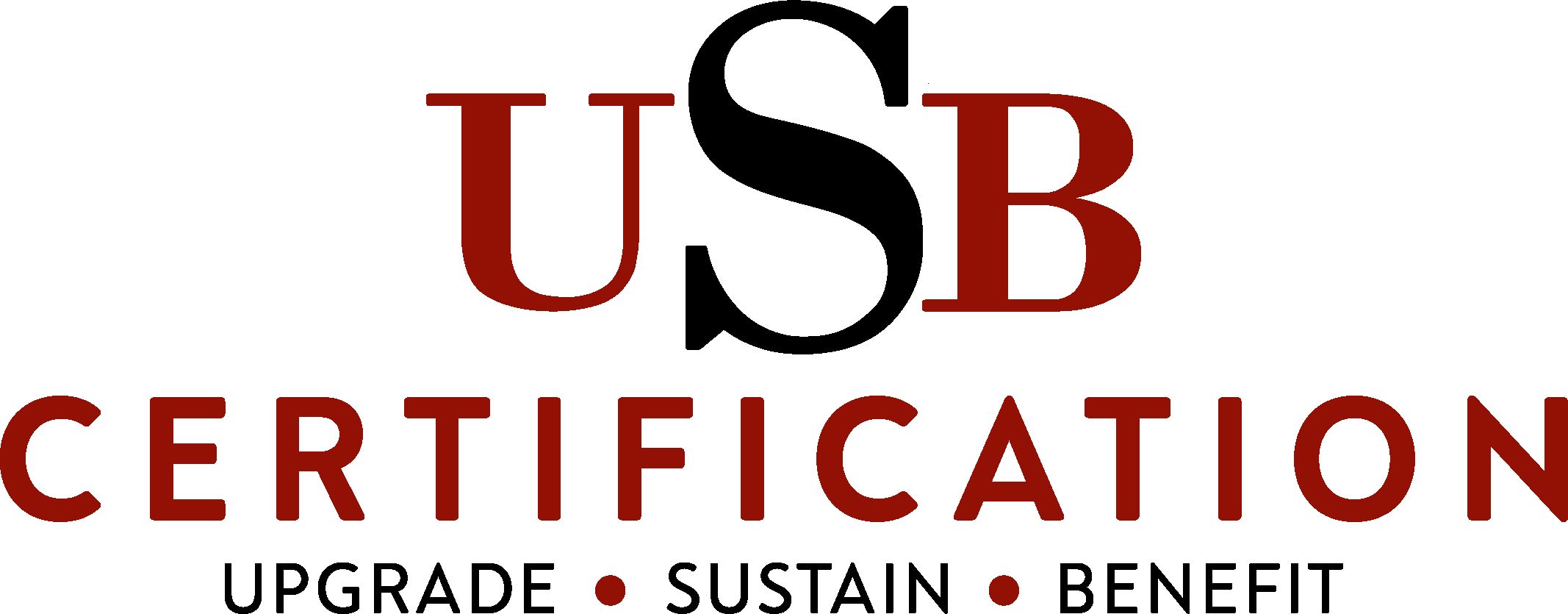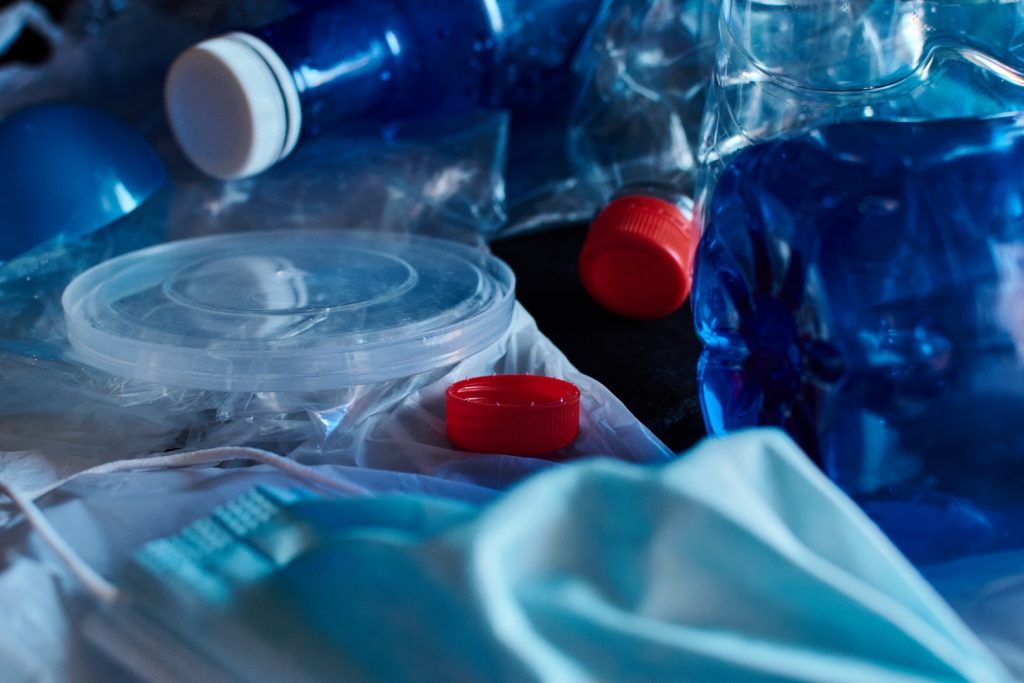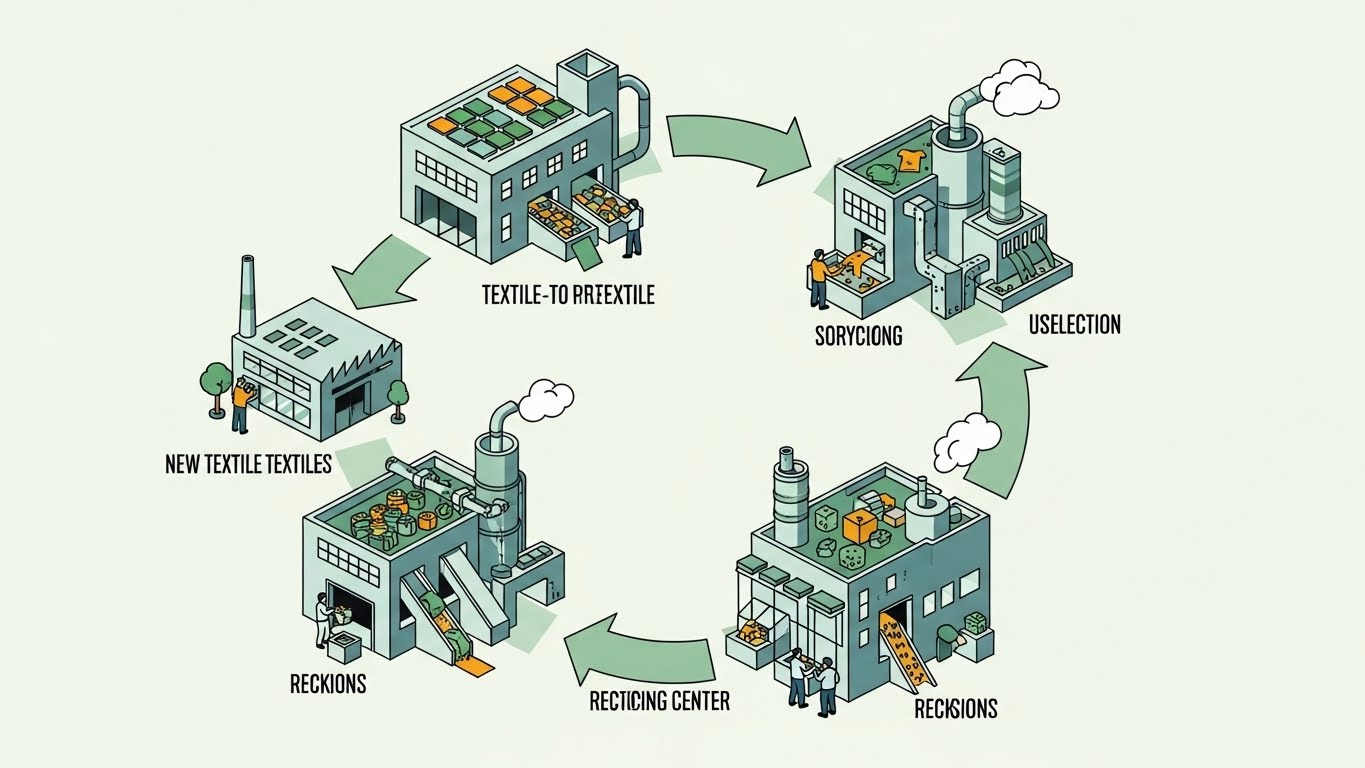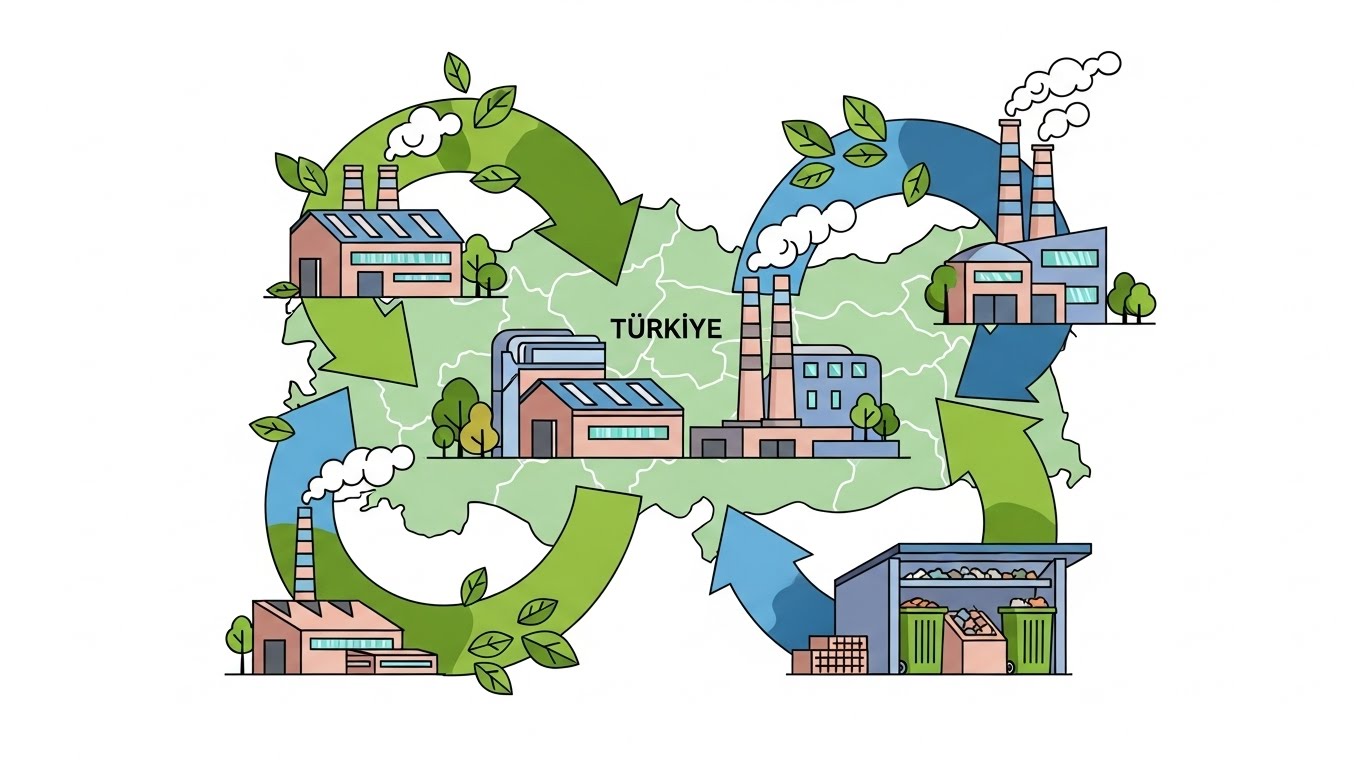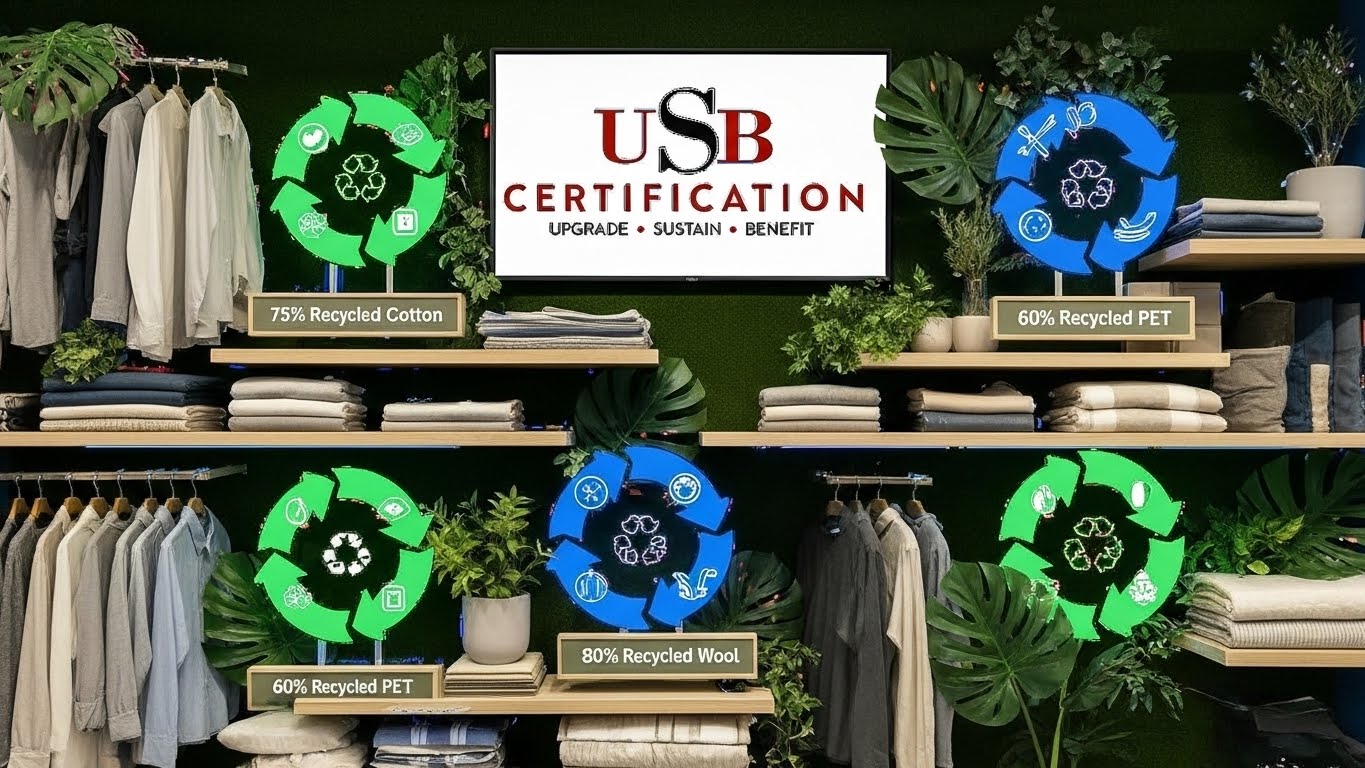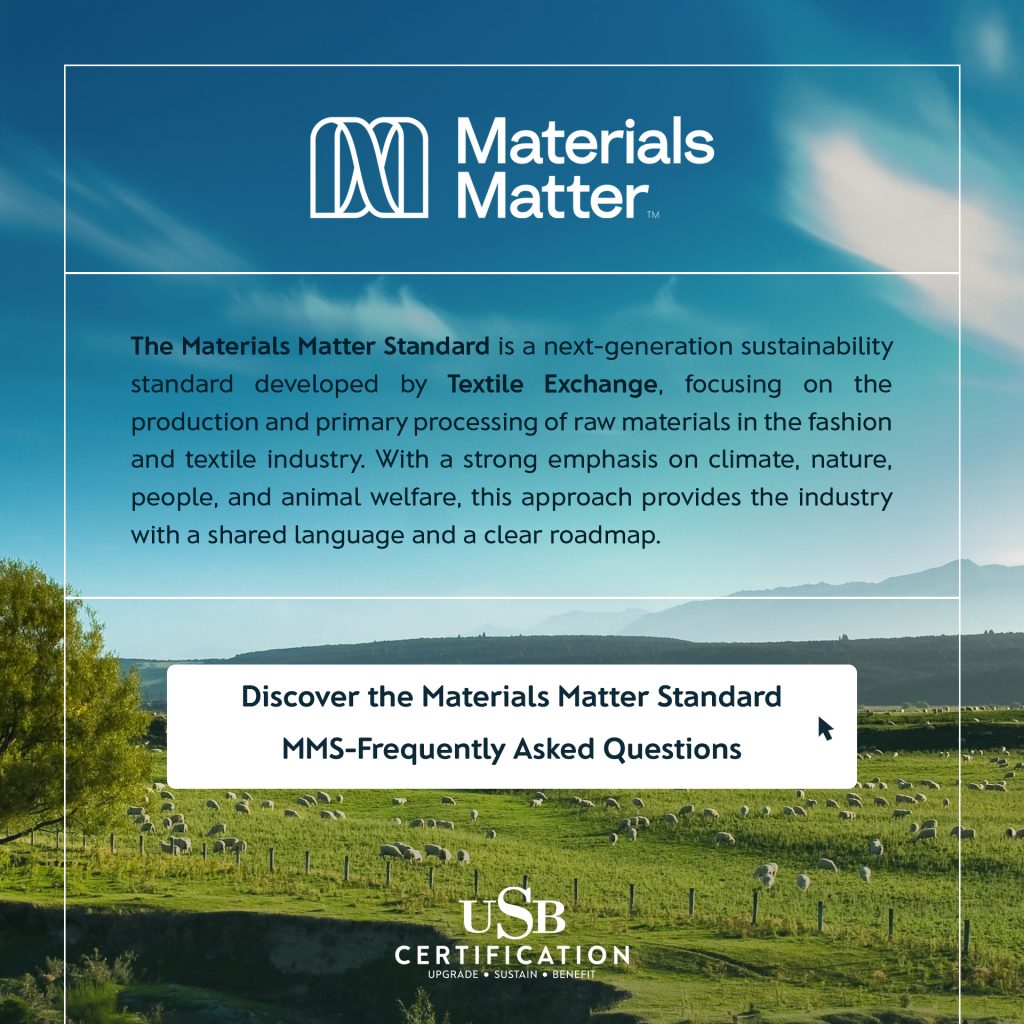Extended Producer Responsibility (EPR) came into force in 2024, a key regulation that will dramatically transform packaging waste management. EPR makes businesses in the food and beverage sector directly responsible for the environmental impact of their packaging. Businesses are required to collect data on the material type, weight and recycling capacity of their packaging. Large companies in particular will pay an annual fee for recycling and waste management in proportion to the environmental damage caused by the packaging used.
The main objective of this new regulation is to encourage the use of sustainable packaging by requiring producers to participate in waste management processes. Thus, recyclable materials will be used more widely and waste will be reduced. Businesses must start reporting their packaging data from 2023 and complete their payments by 2025 in line with this data. During this time, they will have to bear the costs associated with recycling packaging waste.
The regulation emphasizes that recycling obligations are not limited to waste management; the sustainability of the materials used in the production process will also be taken into account. Food and beverage producers will therefore need to invest in innovative and environmentally friendly solutions for their packaging choices. This obligation imposed by the EPR will drive companies towards packaging solutions that not only recycle but also consume fewer resources.
The aim is to strengthen the circular economy and protect natural resources. Manufacturers will have to reduce their environmental impact by increasing the recyclability of their packaging. In particular, options such as reducing the use of plastics and switching to biodegradable materials come to the fore. Making the raw materials used in packaging production more sustainable will be one of the most important responsibilities that companies will undertake under the EPR.
With the implementation of the EPR, costs previously borne by municipalities and waste management companies will now be transferred directly to producers. This situation pushes producers towards a more responsible waste management approach and makes it mandatory for packaging to be environmentally friendly. The direct contribution of producers to recycling and waste management processes is critical to reducing waste and minimizing negative impacts on the environment.
As a result, the Extended Producer Responsibility (EPR) regulation will require all producers, particularly in the food and beverage sector, to take more responsibility for packaging waste. This will increase investment in recyclable materials, encourage the use of environmentally sound packaging and contribute to the circular economy.
